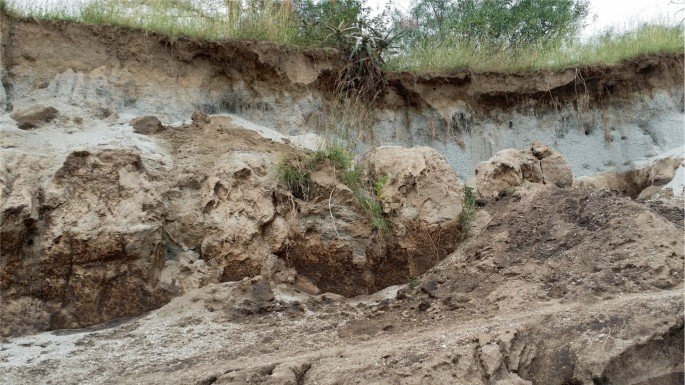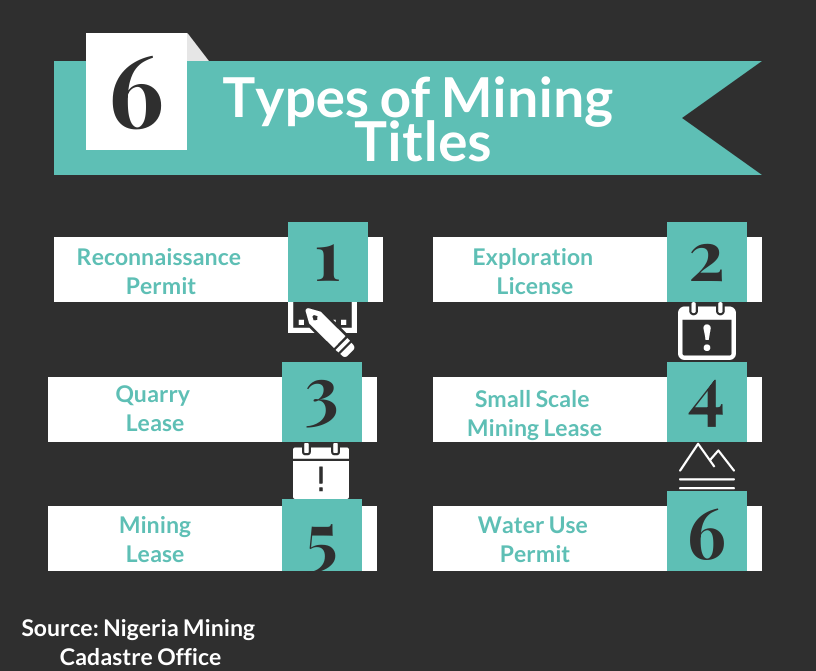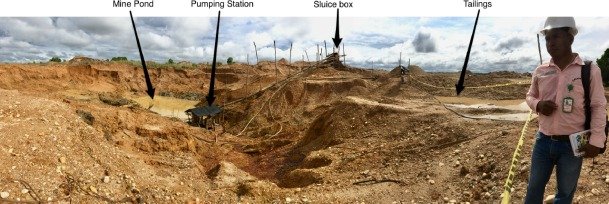Regulation of Industrial Minerals Exploration

Ethiopia is rich in mineral resources, from gold and platinum (metallic minerals) to silica sand and kaolin (industrial minerals). However, the successful and sustainable development of these resources depends on a clear and effective legal and regulatory framework .
In recent years, the Ethiopian government has taken significant steps to regulate the exploration and mining of both metallic and industrial minerals, aiming to attract investment, protect the environment, and ensure responsible resource management.
Let’s explore the current regulations governing metallic and industrial minerals exploration in Ethiopia .
The Legal Framework for Mineral Exploration
The regulatory system for mineral exploration in Ethiopia is primarily governed by the Mining Proclamation No. 982/2017 , which replaced the earlier 1994 legislation to reflect modern mining practices and investment needs.
Under this law:
- The Ministry of Mines and Petroleum oversees the country’s mineral sector.
- The Geological Survey and Mineral Development Institute of Ethiopia (GSMDIE) plays a key role in geological mapping and resource assessment.
- The Ethiopian Mines and Petroleum Authority (EMPA) is responsible for issuing licenses and managing exploration and mining activities.
This structure ensures that all exploration and mining activities are conducted in a transparent, regulated, and environmentally responsible manner.
Types of Exploration Licenses

To explore for metallic or industrial minerals, companies must obtain the appropriate license:
1. Reconnaissance License
- Allows for preliminary geological surveys and sampling
- Valid for up to 6 months
- No drilling or trenching allowed
2. Exploration License
- Required for detailed fieldwork, including drilling and geochemical analysis
- Typically issued for 3 years, renewable once for another 2 years
- Applicants must submit an environmental and social impact assessment (ESIA)
3. Mining License
- Issued after successful exploration and feasibility studies
- Grants the right to extract minerals
- Subject to strict environmental and operational regulations
These licenses ensure that exploration and mining are carried out responsibly and in line with national development goals.
Environmental and Social Regulations
The Ethiopian government has placed a strong emphasis on sustainable mining practices . All exploration and mining activities must comply with:
- The Environmental Impact Assessment Proclamation No. 1037/2017
- Land use and community engagement requirements
- Health and safety standards for workers and nearby communities
Foreign investors are also encouraged to work with local communities and authorities to ensure that mining benefits are shared and environmental damage is minimized.
Challenges and Opportunities
While Ethiopia’s regulatory framework is improving, challenges remain — including limited geological data, infrastructure gaps, and delays in license processing.
However, the government continues to invest in reforms, including:
- Digitizing licensing procedures
- Encouraging private sector participation
- Promoting artisanal and small-scale mining under regulated conditions
These efforts are helping to position Ethiopia as a growing player in the African mining sector.

Frequently Asked Questions (FAQs)
1. What authority issues mineral exploration licenses in Ethiopia?
The Ethiopian Mines and Petroleum Authority (EMPA) is responsible for issuing licenses for metallic and industrial mineral exploration.
2. Do foreign companies need a local partner to explore minerals in Ethiopia?
Foreign investors can operate independently or in partnership with local companies, depending on the type of mineral and investment structure.
3. Are artisanal miners regulated in Ethiopia?
Yes, the government has introduced regulations to formalize and support artisanal and small-scale mining operations under safe and legal conditions.

